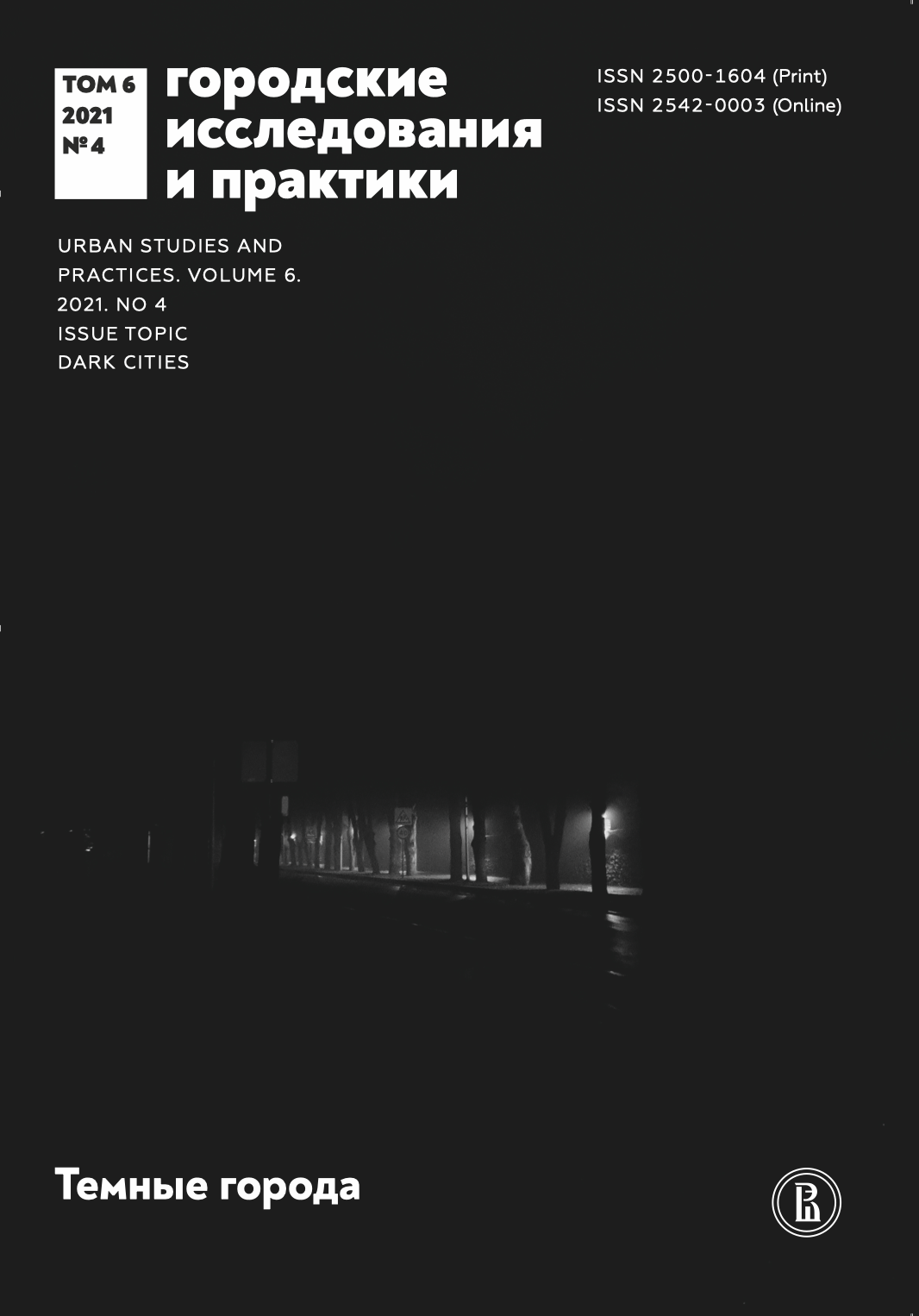Lost in Place
Abstract
An inquiry into how anxiety plays a formative part in the constitution of subjectivity. While anxiety has assumed a central role in the history of philosophy and phenomenology in particular — until now there has been no sustained study of how it shapes our sense of self and being in the world. Calling upon the author’s own experience of being agoraphobic, it asks a series of critical questions: How is our experience of the world affected by our bodily experience of others? What role do moods play in shaping our experience of the world? How can we understand the role of conditions such as agoraphobia in relation to our normative understanding of the body and the environment? What is the relation between anxiety and home? The reader will gain an insight into the strange experience of being unable to cross a bridge, get on a bus, and enter a supermarket without tremendous anxiety. At the same time, they will discover aspects of their own bodily experience that are common to both agoraphobes and non-agoraphobes alike. Integrating phenomenological inquiry with current issues in the philosophy of mind, Trigg arrives at a renewed understanding of identity, which arranges self, other and world as a unified whole.
Downloads
References
Башляр Г. (2001) Земля и грезы о покое. М.: Издательство гуманитарной литературы.
Башляр Г. (2014) Поэтика пространства. М.: Ад Маргинем Пресс.
Мерло-Понти М. (1999) Феноменология восприятия. СПб: Наука.
Рильке Р. М. (2007) Дуинские элегии // Союз Писателей. № 9.
Фрейд З. (1995) Жуткое // Фрейд З. Художник и фантазирование. М.: Республика.
Хайдеггер М. (1997) Бытие и время. М.: Ad Marginem.
Хайдеггер М. (2020) Строительство. Жительствование. Мышление // Журнал фронтирных исследований. № 1 (17). С. 155–173.
Ясперс К. (2020) Общая психопатология. М.: Колибри.
Casey E. (1993) Getting Back into Place: Toward a Renewed. Understanding of the Place World. Blumington: Indiana University Press.
Dufrenne M. (1989) The Phenomenology of Aesthetic Experience. Evanston: Northwestern University Press.
Hall S. (1897) A Study of Fears // The American Journal of Psychology. No. 8. P. 147–249.
Jacobson K. (2009) A Developed Nature: A Phenomenological Account of the Experience of Home // Continental Philosophy Review. No. 42. P. 355–373.
Knapp T. (1988) Westphal's 'Die Agoraphobie' with Commentary: The Beginnings of Agoraphobia. Lanham: University Press of America.
Leder D. (1990) The Absent Body. Chicago, London: University of Chicago Press.
Marks I. (1987) Fears, Phobias, and Rituals: Panic, Anxiety, and Their Disorders. Oxford: Oxford University Press.
Ratcliffe M. (2015) Experiences of Depression: A Study in Phenomenology. Oxford: Oxford University Press.
Sadowsky S. (1997) Agoraphobia, Erwin Straus and Phenomenological Psychopathology // The Humanistic Psychologist. No. 25. P. 30–44.
Shawn A. (2007) Wish I Could Be There: Notes from a Phobic Life. NY: Viking Press.
Van den Berg J.H. (2001) Different Existence: Principles of Phenomenological Psychopathology. Pittsburgh: Duquesne University Press.

